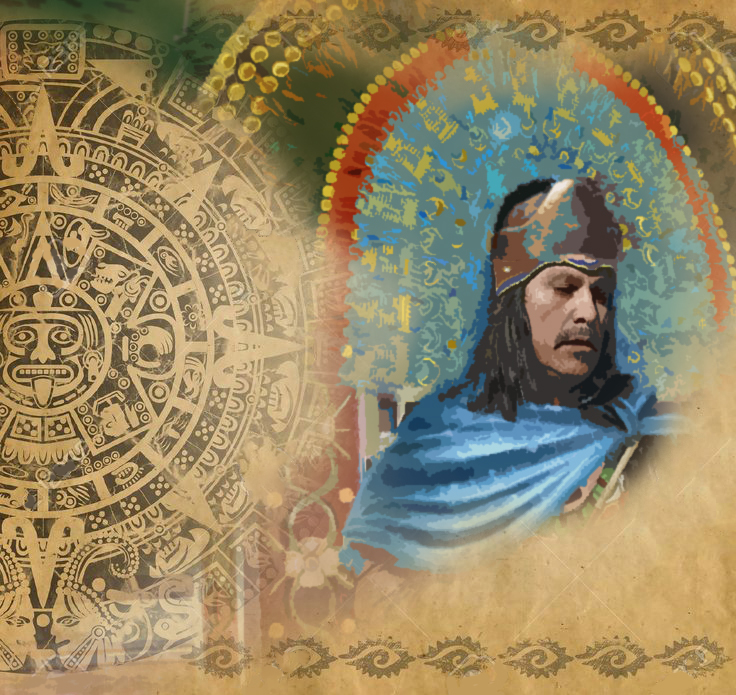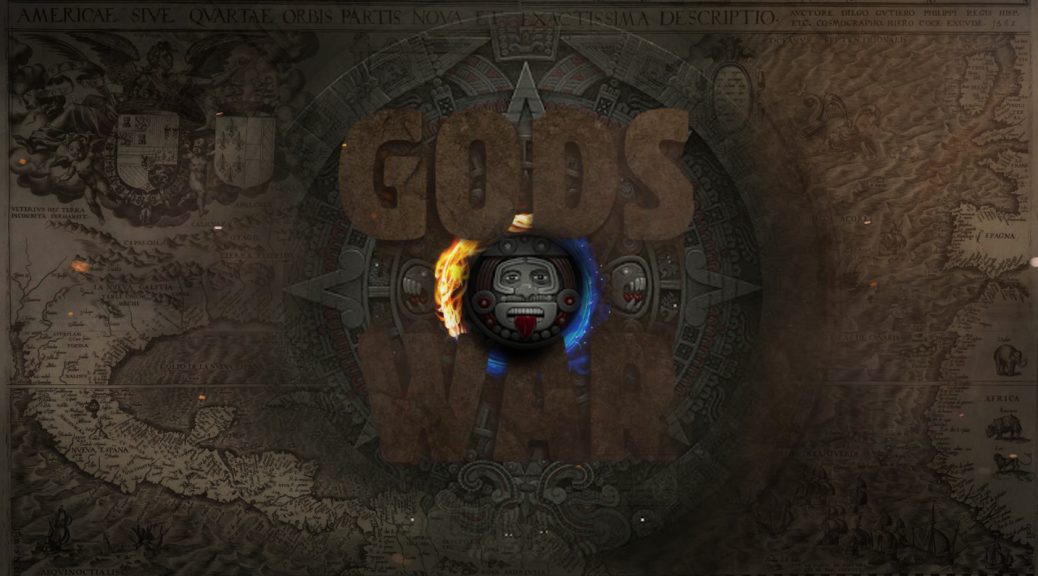
Emperor (c. 1466 – 29 June 1520)
Moctezuma II was the ninth tlatoani or ruler of Tenochtitlan, reigning from 1502 to 1520. The first contact between indigenous civilizations of Mesoamerica and Europeans took place during his reign, and he was killed during the initial stages of the Spanish conquest of Mexico, when conquistador Hernán Cortés and his men fought to escape from the Aztec capital Tenochtitlan.
During his reign the Aztec Empire reached its greatest size. Through warfare, Moctezuma expanded the territory as far south as Xoconosco in Chiapas and the Isthmus of Tehuantepec, and incorporated the Zapotec and Yopi people into the empire. He changed the previous meritocratic system of social hierarchy and widened the divide between pipiltin (nobles) and macehualtin (commoners) by prohibiting commoners from working in the royal palaces.
In 1517, Moctezuma received the first reports of Europeans landing on the east coast of his empire; this was the expedition of Juan de Grijalva who had landed on San Juan de Ulúa, which although within Totonac territory was under the auspices of the Aztec Empire. Moctezuma ordered that he be kept informed of any new sightings of foreigners at the coast and posted extra watch guards to accomplish this.
When Cortés arrived in 1519, Moctezuma was immediately informed and he sent emissaries to meet the newcomers. As the Spaniards approached Tenochtitlan they made an alliance with the Tlaxcalteca, who were enemies of the Aztec Triple Alliance, and they helped instigate revolt in many towns under Aztec dominion. Moctezuma was aware of this and he sent gifts to the Spaniards, probably in order to show his superiority to the Spaniards and Tlaxcalteca.
On 8 November 1519, Moctezuma met Cortés on the causeway leading into Tenochtitlan and the two leaders exchanged gifts. Moctezuma gave Cortés the gift of an Aztec calendar, one disc of crafted gold and another of silver. Moctezuma brought Cortés to his palace where the Spaniards lived as his guests for several months. Moctezuma continued to govern his empire and even undertook conquests of new territory during the Spaniards’ stay at Tenochtitlan.

